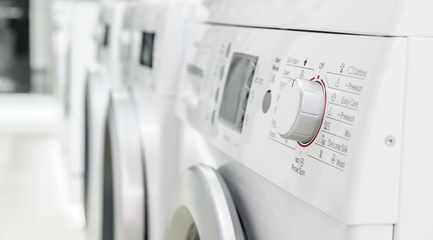
An electrical burn is caused when a person comes into contact with a live current, such as touching an electrically live object or coming in contact with electrified water. More rarely, getting struck by lightning can also cause an electrical burn, however we have a feeling that you don’t particularly need to be worried about that.
An important distinction to make when diagnosing the burn is whether it had an electrical cause or a thermal cause. For example, burning your hand on the tongs of your hair straighteners would be a thermal burn rather than an electrical burn, which would require different treatment.
You might think your electrical burn isn’t that big of a deal since the surface damage may be easily overlooked, however they can cause quite significant damage to the tissues deeper underneath the skin. Blood vessels, nerves, muscles, tendons, fat and bones may all be affected by an electrical current running through your body which can cause a lot of physical damage.
If you think you have been electrically burnt we advise that you get medical treatment as soon as possible, no matter how minor you believe your injury to be. If you witness someone get electrically burnt, ensure that they are no longer in contact with the live current before touching them and avoiding moving them until professional medical care has arrived.
Electrical burns can be prevented, especially within the home. Here are a few tips to help you avoid an electrical burn at home:
- Make all outlets accessible by children safe by using a cover to prevent them from touching with wet hands.
- Avoid putting any wires or electrical items in a place where water could come into contact – e.g. kitchen or bathroom.
- Make sure you have a working RCD fitted in your home to protect you from leaking currents.
- Don’t have electrical wires within reach of infants and children as they might start to chew on the wire which could cause an ‘oral burn’.
- Don’t use any electrical appliances while wet or with wet hands.
- Make sure you don’t have any counterfeit electrical appliances/gadgets in your home as these are often cheaply made and bypass certain safety requirements to reduce costs. Only buy from reputable retailers or straight from the manufacturer.
More posts by Samantha Mager



